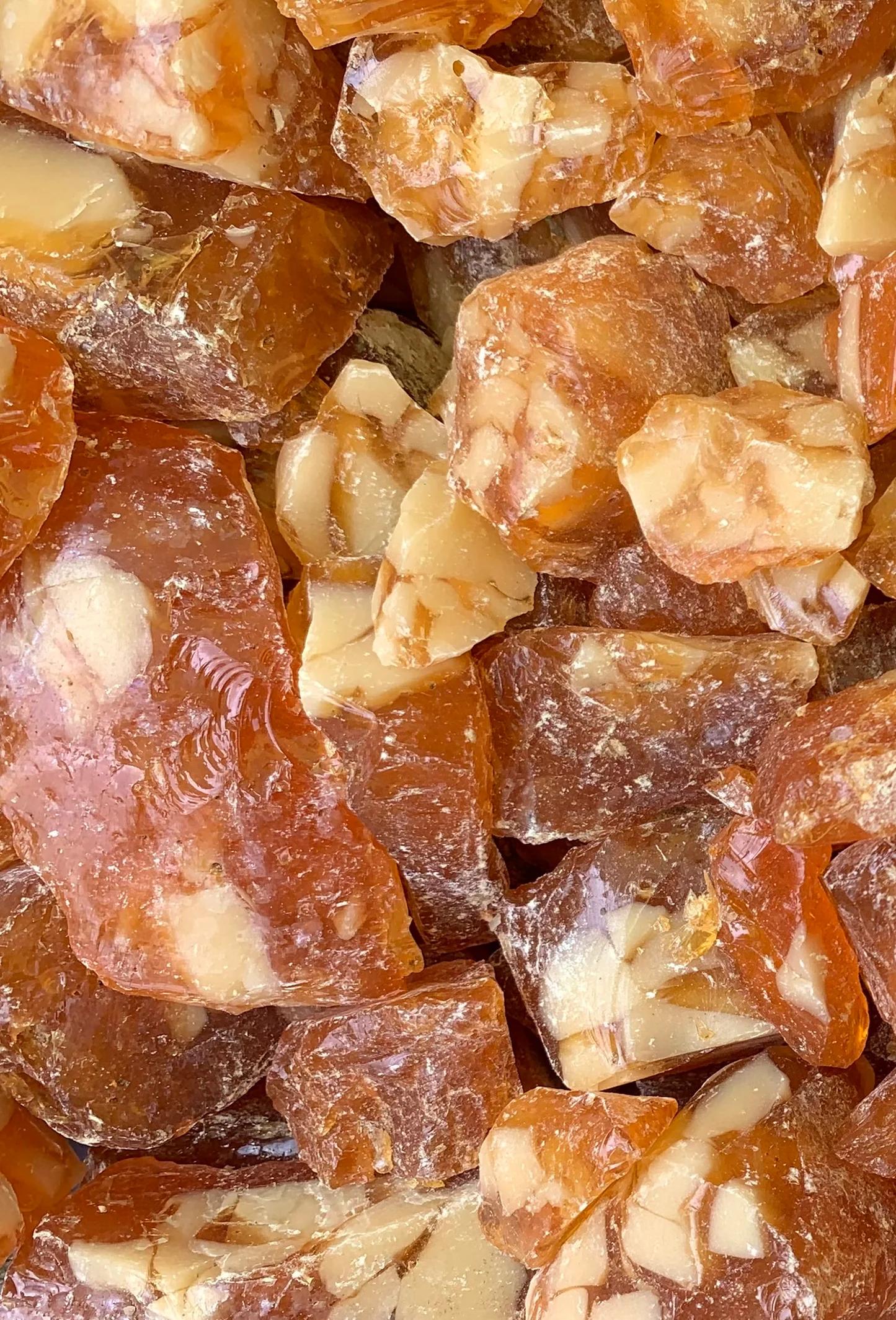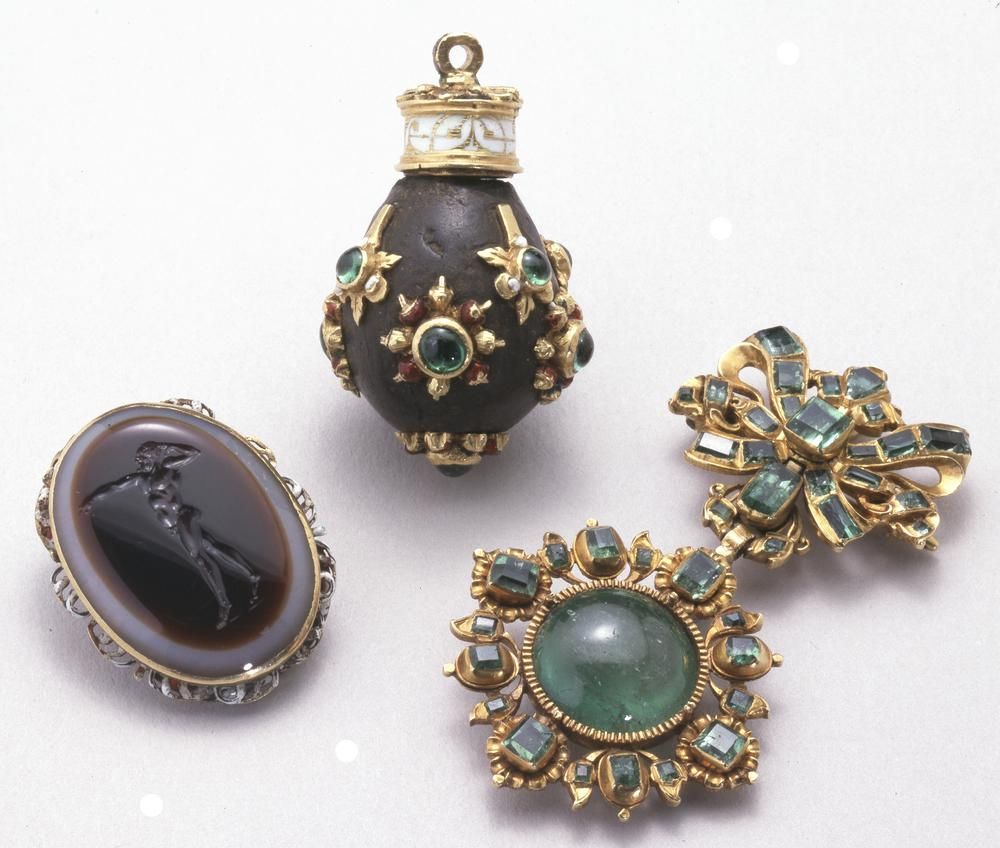Think of Benzoin as the quiet fragrance power player that you've probably never heard of. An unexpectedly sophisticated perfume note, it brings a rich depth that feels at once opulent and comforting.
Benzoin is a resin — harvested from the Styrax tree, native to the humid forests of Southeast Asia, where collectors have risked leopards and leeches for centuries to gather these precious amber drops.

Ancient harvesters would make diagonal cuts in bark that would bleed golden sap, with the learned knowledge that true benzoin requires patience — the best resin forms slowly, over months of careful scoring and collection, each tree yielding only small amounts of the crystalline drops that will transform into perfumer's gold.
The scent that emerges is warm, sweet, vanillic, with whispers of spice that suggest caramelised wood left too long in temple braziers. Not artificial sweetness, but the complex warmth that comes from organic materials transformed by time, heat, and careful handling.
Along ancient spice routes, where Arab traders carried benzoin from Indonesian ports to Damascus markets, its value as both sacred material and practical medicine was deeply understood. Mixed with oils, it became balm for wounds that refused to heal, for skin damaged by desert sun, for hearts broken by impossible distances.
Persian poets described benzoin as "solidified honey from trees that knew the secret of eternal summer," understanding its power to bring tropical warmth to climates that had forgotten what heat felt like. The scent that could make winter bearable without promising spring's immediate return.
In traditional Chinese medicine, benzoin represented the sweet earth element — the stabilising force that could ground scattered energies, that provided a foundation for healing that addressed spirit as much as body. And Japanese incense masters valued benzoin for its ability to slow breathing, to create meditative states where important insights became possible. The resin that didn't demand attention but gradually drew consciousness into deeper, calmer rhythms.
In FIG MILK, benzoin serves this same gentle diplomatic function — smoothing the base, deepening the cedar and soft woods while balancing violet leaf's coolness and fig's lush richness. It provides quiet sweetness that lingers, a steady hum that makes everything else feel more integrated, more harmonious.

